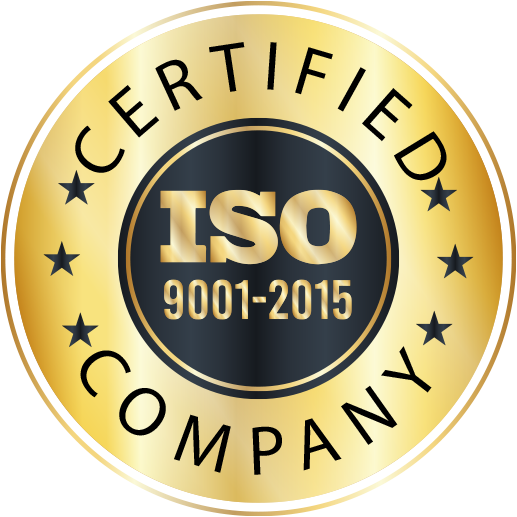- October 25, 2023
Maximizing Business Value: The Transformative Power of Automation in Quality Assurance Services

The integration of automation in Quality Assurance (QA) services has transformed industries by enhancing efficiency, accuracy, and cost-effectiveness. By employing specialized tools and scripts, it accelerates software evaluation, ensuring robustness and reliability. In today’s software development landscape, automation responds swiftly to market demands, providing businesses with higher test coverage, early bug identification, and superior-quality products.
This transformative approach not only enhances software quality and streamlines processes, but it also offers substantial business value including:
Efficiency: By executing tests significantly faster than manual methods, automation accelerates the development lifecycle and hastens time-to-market for products. This rapid pace ensures that the software reaches customers quickly, enhancing customer satisfaction and potentially capturing market share more swiftly.
- Cost Reduction: Despite initial setup costs, automation reduces expenses in the long term by diminishing the need for manual testers and slashing testing time. This cost-effective approach is especially beneficial for large, intricate projects with frequent releases, where manual testing would be time-consuming and costly.
- Accuracy and Consistency: Automated tests eliminate the risk of human error, ensuring that every test iteration is performed precisely the same way. This consistency guarantees that all facets of the application are meticulously examined, thereby enhancing software quality. Fewer errors result in fewer post-release patches, bolstering the product’s reputation and customer satisfaction.
- Reusability: Well-designed automated test scripts, once created, can be reused across various projects and applications with minimal modifications. This reusability significantly reduces the time and effort required to create new tests for similar functionalities, saving resources and increasing efficiency.
- Comprehensive Testing: Automation can cover an extensive array of test cases, including regression, load, and performance tests, tasks that are laborious if conducted manually. This breadth of testing identifies issues early in the development process, ensuring that software is robust and reliable upon release.
- Increased Test Coverage: Automation enables the creation of a diverse range of test cases, examining different aspects of the application thoroughly. This expanded test coverage guarantees that more features are scrutinized, enabling the detection of bugs that could be overlooked in manual testing. Enhanced test coverage translates to higher product quality and customer satisfaction.
- Faster Feedback Loop: Automated tests provide swift feedback to developers following each code change. This rapid feedback loop empowers developers to pinpoint and rectify issues promptly, reducing the cost of bug-fixing in later stages of the development lifecycle. Timely bug resolution ensures that the development process remains on schedule, preventing delays and cost overruns.
Improved ROI: Despite the initial costs associated with automation tool implementation and training, the efficiency and effectiveness of automated testing processes lead to a high overall return on investment (ROI). The time saved, reduction in manual labor, and improved software quality contribute to substantial long-term savings, making automation a strategic investment for businesses aiming to optimize their QA processes and improve their bottom line.






